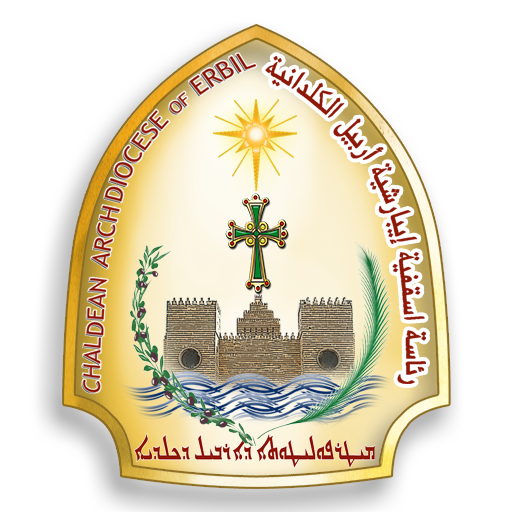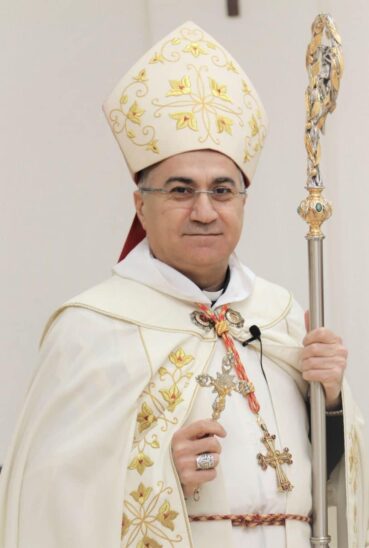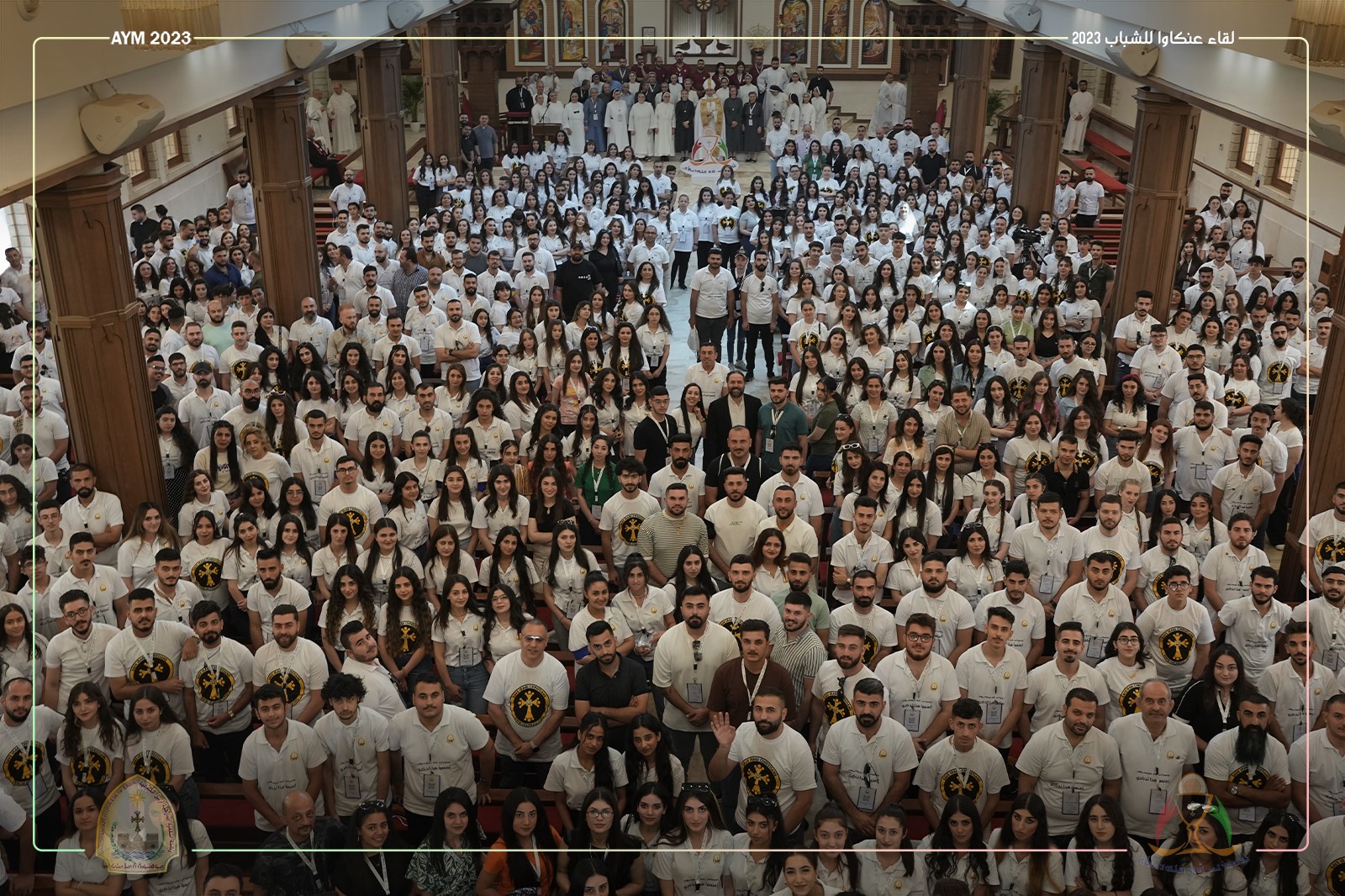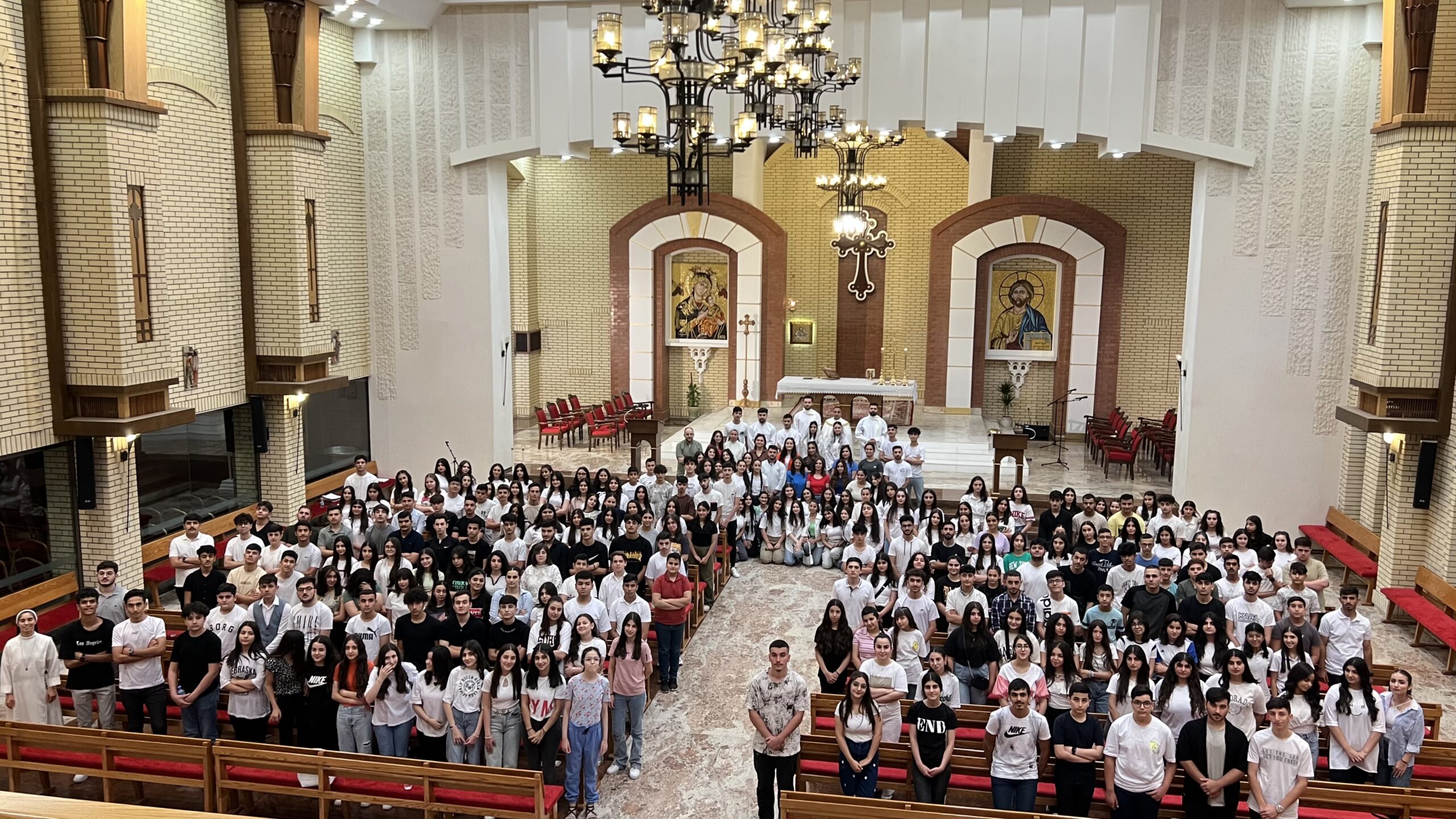Patriarch Louis Sako and the Republican Decree
Recently, the Chaldean Catholic Church in Iraq has witnessed a surprising decision by the Iraqi government which stated the “Withdrawal of Republican Decree No. (147) of 2013 of the Chaldean Church Patriarch, His Eminence Cardinal Louis Raphael Sako, pretexting that it has no constitutional or legal basis”, according to the Patriarchate’s official statement.
Furthermore, this situation was not only surprising, but also caused a very anxious atmosphere in the region, especially for the Chaldean Christian minorities.
In this regard, and due to the many questions received by the Archdiocese of Erbil, H.G. Archbishop Warda answered the most frequently asked question about this matter:
What is the development?
The current President of the Republic of Iraq has chosen to rescind a Republican Decree previously put in place by former President Jalal Talabani. This decree had installed Patriarch Sako as the Patriarch and the leader of the Chaldean Church. The justification for this action was that the decree did not have a constitutional foundation as such decrees are meant for state employees appointed by the Iraqi government. The reality is that the patriarch is neither government-appointed nor a state employee. The churches have autonomy and can independently manage their endowments and affairs as per Article 43 of the Iraqi constitution.
What led to the President’s decree?
A few months ago, the Patriarch of the Assyrian Church and the Patriarch of the Old Assyrian Church had requested a similar decree from the President, which was explicitly denied. The President clarified that these types of decrees do not have a constitutional basis as the church elects individuals, not the government. The Presidency of the Republic further clarified a few days ago that the retraction of such decrees does not impact the status of any church leader in any way.
What’s the historical context of these decrees?
These decrees have their origins in early Islamic periods, where the caliph would traditionally issue an edict mandating the patriarch to oversee the personal status of Christianity, in accordance with the church’s approved laws and customs. This was coupled with the responsibility of collecting tributes for the treasury as the caliph’s representative. However, these practices often resulted in infringements on the rights of Christians, with caliphs sometimes issuing decrees arbitrarily.
These practices were carried over by Muslim caliphs and later embraced by the Ottoman Empire in their “Millah” system. In this system, the Ottoman sultan regarded the patriarch as accountable for the Christian denomination, issuing a decree that ensured respect for the patriarch and expanded his authority to include the religious heads under him. This decree also conferred temporal power over the Christian population to the patriarch, which, over time, posed significant problems for the patriarch, the church, and their followers alike. The patriarch was also held responsible for his follower’s actions, facing severe accountability for them. It’s important to note that these temporal authorities were primarily administrative rather than political.
I personally see these decrees as a distinct infringement on human rights, as they treated non-Muslims as dhimmis, obliging them to pay a tax. The Ottomans further embraced this practice, making it a custom that persists to this day. It’s noteworthy that similar decrees were issued to leaders of other religions and sects.
Does the revocation of the decree impact the church’s endowments?
The answer is two-fold. The Iraqi constitution, in Article 14, states that “Iraqis are equal before the law, without discrimination due to gender, race, nationality, origin, color, religion, sect, belief, opinion, or economic or social status.” Furthermore, Article 41 asserts that “Iraqis are free to comply with their personal status in accordance with their religion, sect, beliefs or choices, which will be regulated by law.” In addition, the first part of Article 43 of the Constitution affirms that “adherents of every religion or sect are free to: A. Practice religious rites, including Husayni rites, B. Manage their endowments, affairs, and institutions, which will be regulated by law.”
Therefore, we are free in managing our endowments, and even the Christian Endowment Office cannot interfere or administer the management of endowments, because the law obliges the Office to support and encourage the endowment’s manager, who is the ecclesiastical leader.
How will the church head manage the endowment now?
The Ministry of Justice should issue an authority document for each church head, granting them the power to manage the endowments as per the ecclesiastical laws. This aligns with the Iraqi constitution, as we Christians are not required to pay tributes but rather taxes like any other citizen. Similarly, Christians engage with governmental departments like any other Iraqi citizen.
What are your concerns regarding the revocation of the decree?
Personally, I believe the approach to revoking the decree was flawed. The President of the Republic could have convened a meeting with all the church leaders to explain the history of these decrees and his decision to retract them. Instead, the matter was played out in the media, leading the Patriarch to interpret this action as punitive.
Might there be other underlying motives for issuing this decree?
In a recent discussion with a local Iraqi channel, Patriarch Sako implied that the revocation of this decree was requested by the Christian delegates in the House of Representatives, particularly those belonging to the Babylonian bloc. He also pointed out that the decree’s proclamation happened to align with the President’s return from an official visit to the Vatican, a visit during which a meeting with the Pope did not occur due to the Pope’s health. Rumors circulated that it was the Patriarch who cancelled this meeting, a suggestion we completely refute.
With the prevailing political climate in Iraq, all occurrences carry a political subtext. All political groups exploit every chance to induce chaos within the political framework, seeking to win over the public’s support and set themselves against rival political parties. Hence, it’s prudent for the President to handle this situation discreetly, liaise directly with church heads, and thwart political factions from leveraging these situations for their personal political and media gains.
How can these circumstances be mitigated? What steps could the Iraqi government take to put Christians at ease?
A visit from the President of the Republic to the Patriarch at his place of residence could serve to reinforce his previous assertions of Iraq’s respect and acknowledgment for Patriarch Sako’s religious, national, and international significance.
In addition, it would be beneficial if the Ministry of Justice quickly issued deeds for the religious endowments to all heads of churches, which would assure everyone that there are no plans for the state to take over these church endowments.
Crucially, it’s of utmost importance to shield these administrative processes from media outlets that are politically funded, as they have a tendency to agitate the Christian community with unverified rumors and fictitious stories, instigating widespread anxiety.
Bashar Matti WARDA CSsR
Chaldean Archbishop of Erbil



